730 GPTs for Research Aid Powered by AI for Free of 2026
AI GPTs (Generative Pre-trained Transformers) for Research Aid are sophisticated tools designed to assist in various research-related tasks. These AI models, trained on vast amounts of data, excel in understanding and generating human-like text, making them invaluable for research purposes. They are tailored to simplify complex research tasks, analyze data, and provide insights, significantly benefiting the research community.
Top 10 GPTs for Research Aid are: +HOMEWORK+,ChemistryGPT,Resume videos,のYouTube動画の要約,Mechanics of Materials,무엇이든 3줄요약,OCR文字起こし君,Picture to Text Reader,Clinical Trials Expert,Video Summarizer
+HOMEWORK+
Your AI-powered homework helper
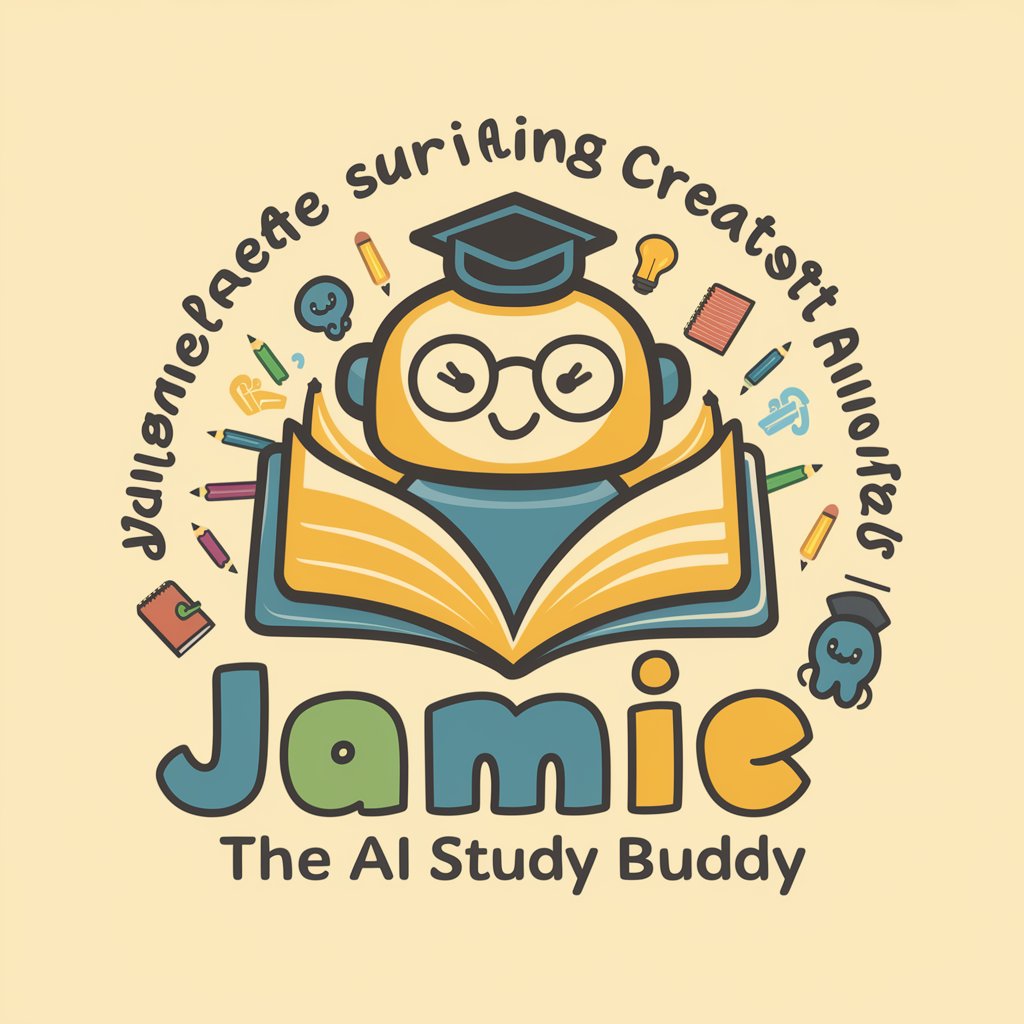
ChemistryGPT
Deciphering Chemistry with AI Precision
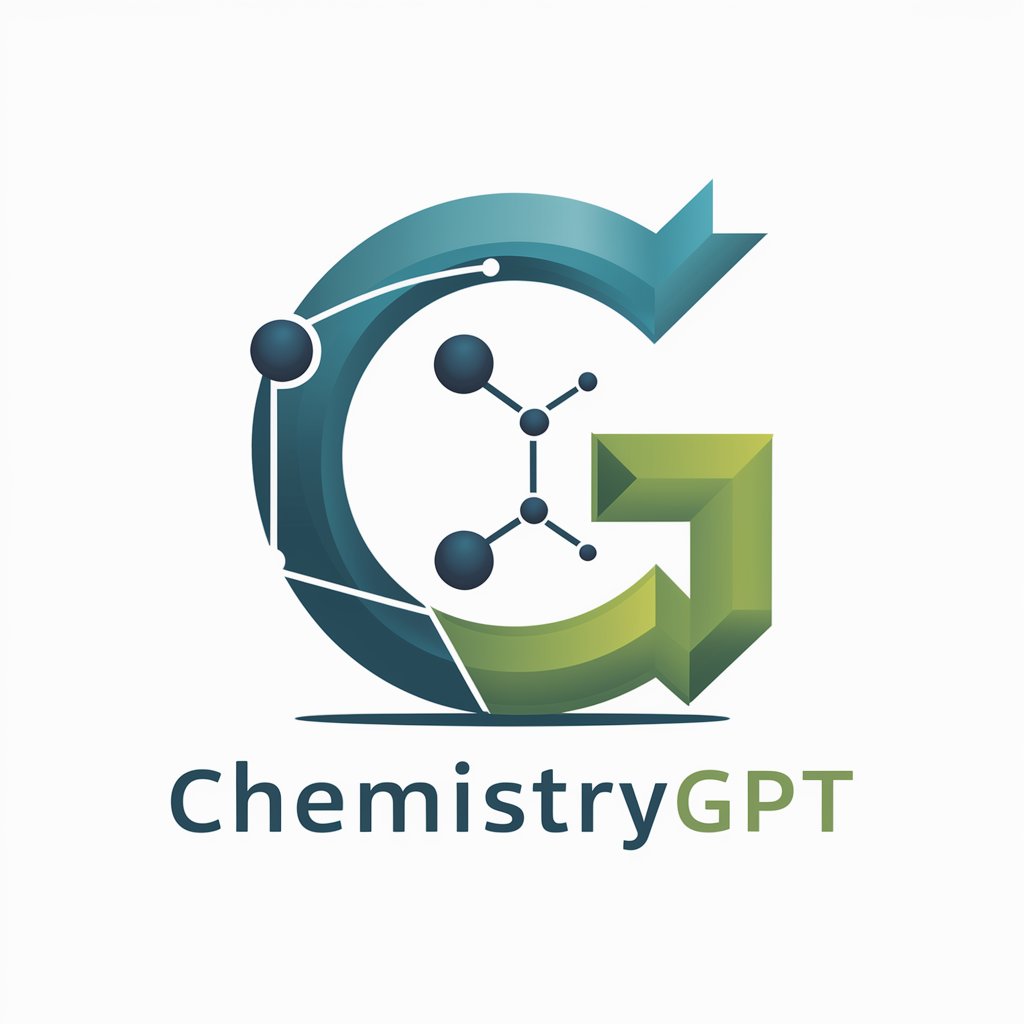
Resume videos
Summarize, Translate, Enlighten with AI

のYouTube動画の要約
AI-powered summaries for YouTube videos.

Mechanics of Materials
Empowering design with AI-driven insights

무엇이든 3줄요약
Summarize Anything in Three Lines
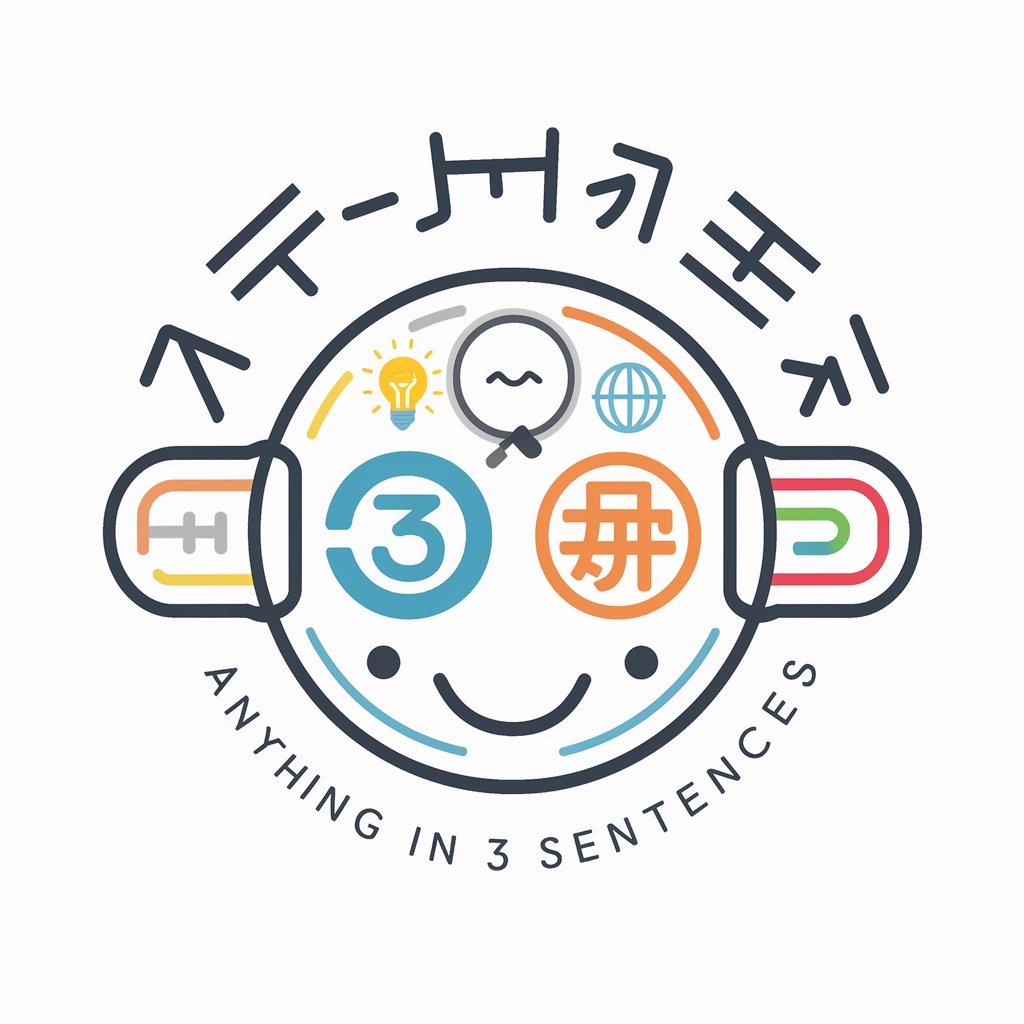
OCR文字起こし君
AI-powered text extraction from images.

Picture to Text Reader
Unlock Text with AI Precision

Clinical Trials Expert
Unlock Clinical Trial Data with AI

Video Summarizer
Unlock video insights with AI

MegaPrompts
Elevate Creativity with AI-Powered Prompts

DeepCSV
Unlocking Deep Learning Knowledge
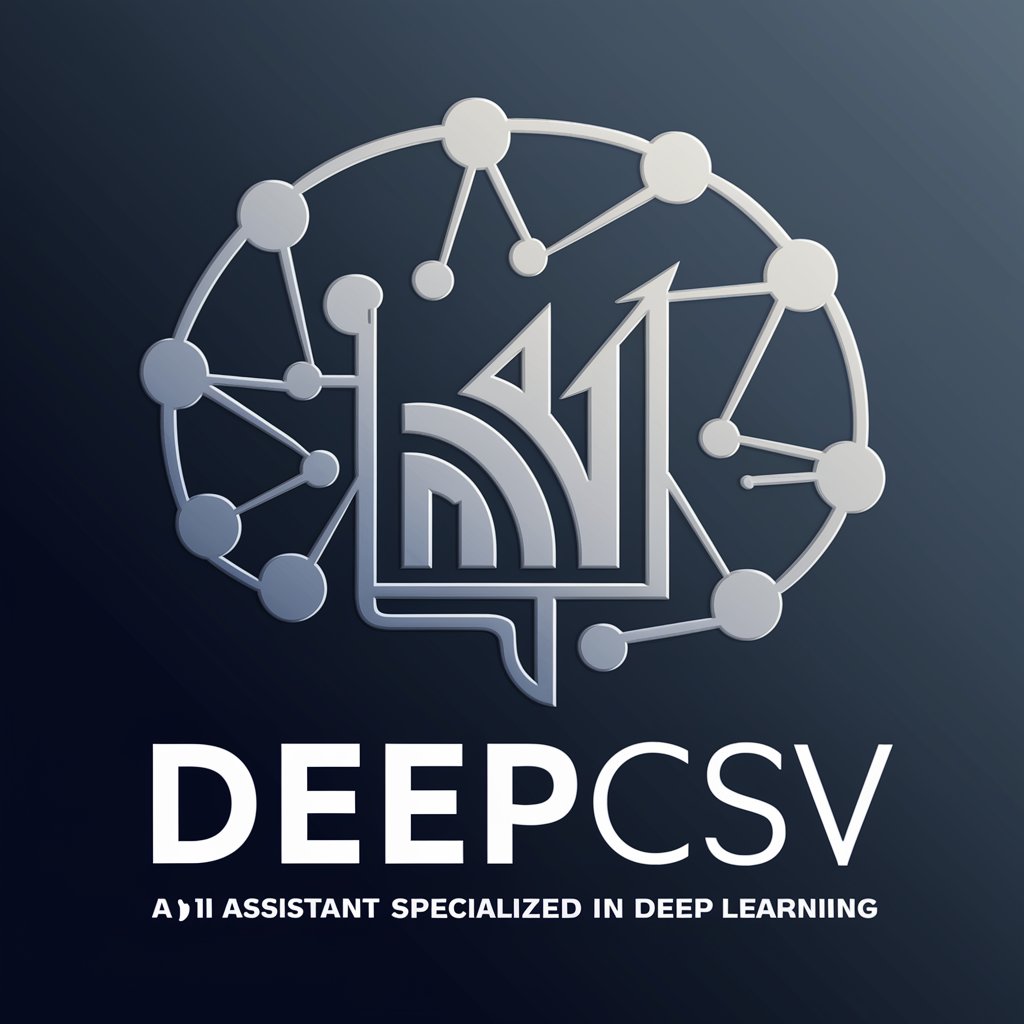
Video Insighter (Search/Summarize/Transcript)
Transform video content into actionable insights
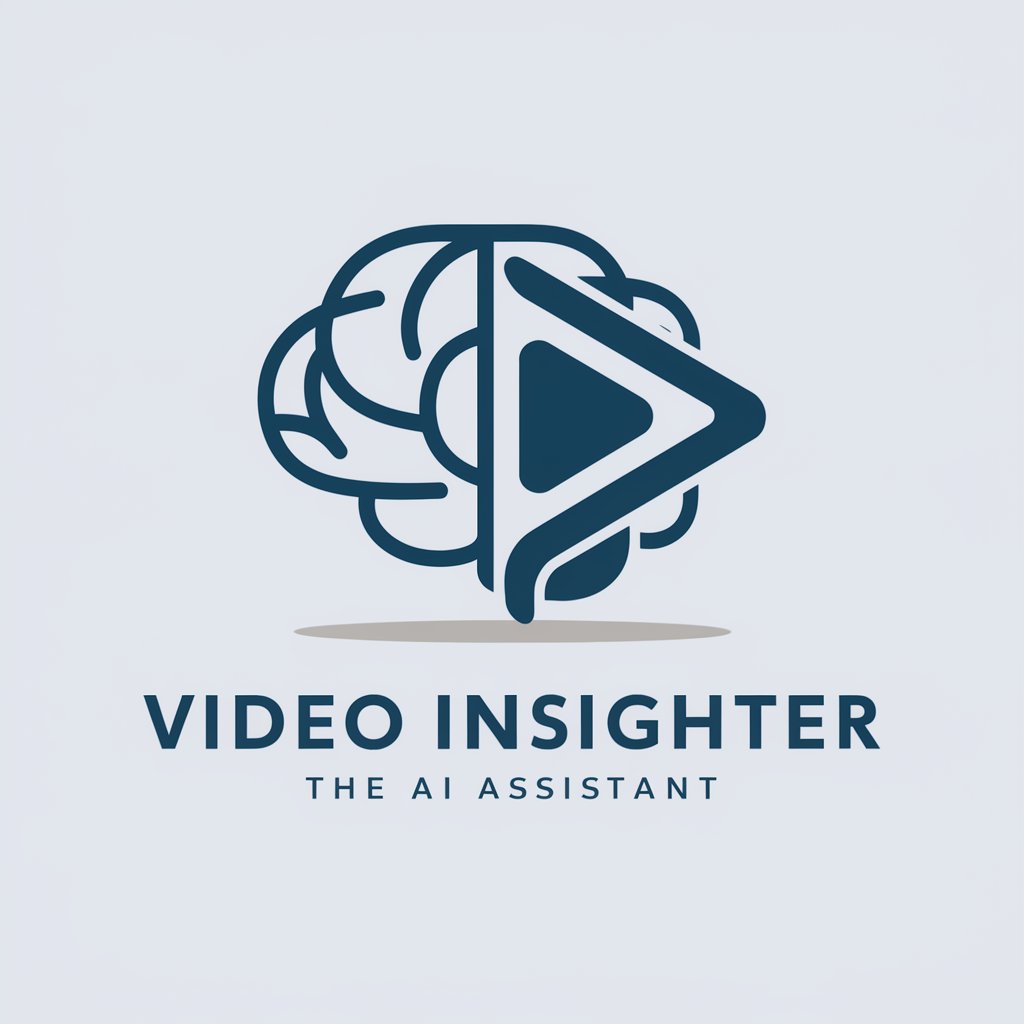
科学雑学系
Empowering your curiosity with AI-driven science insights.
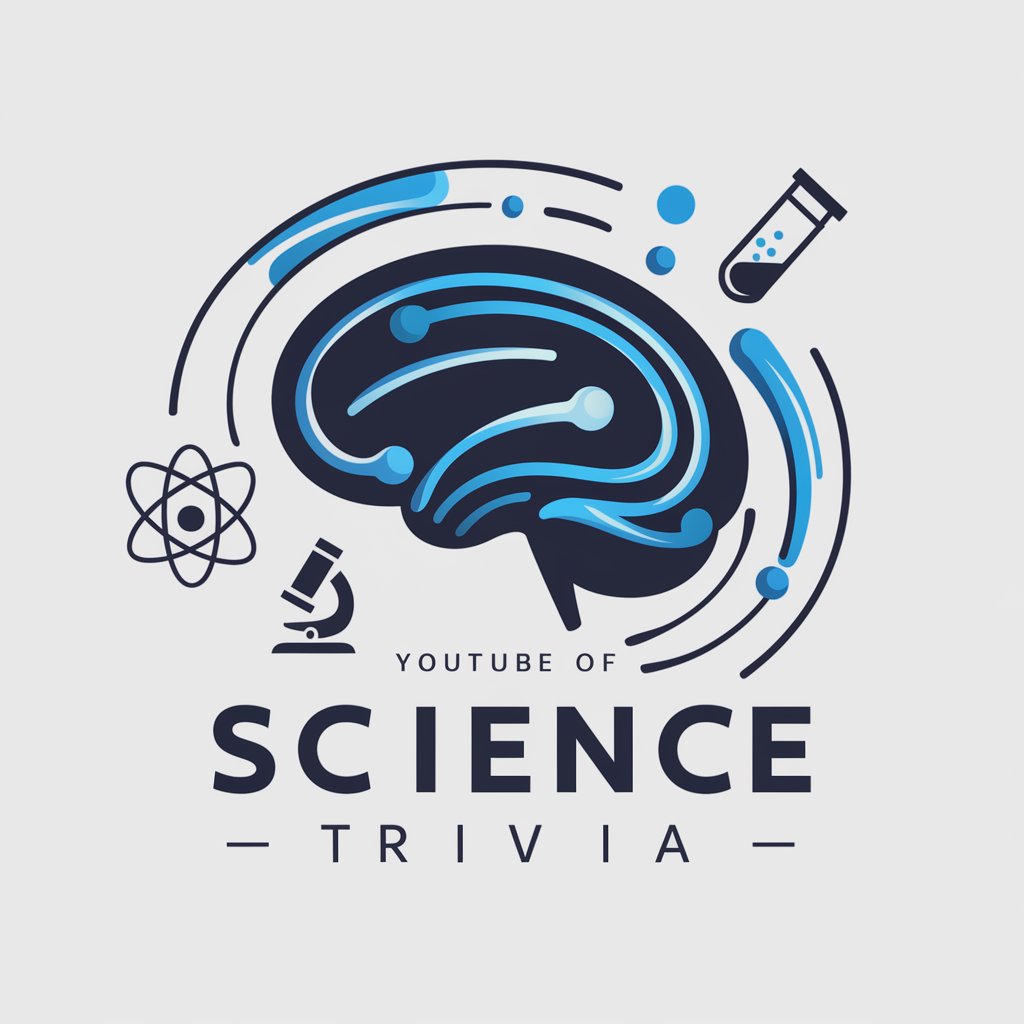
Matematik Botu
Unleashing Math Potential with AI
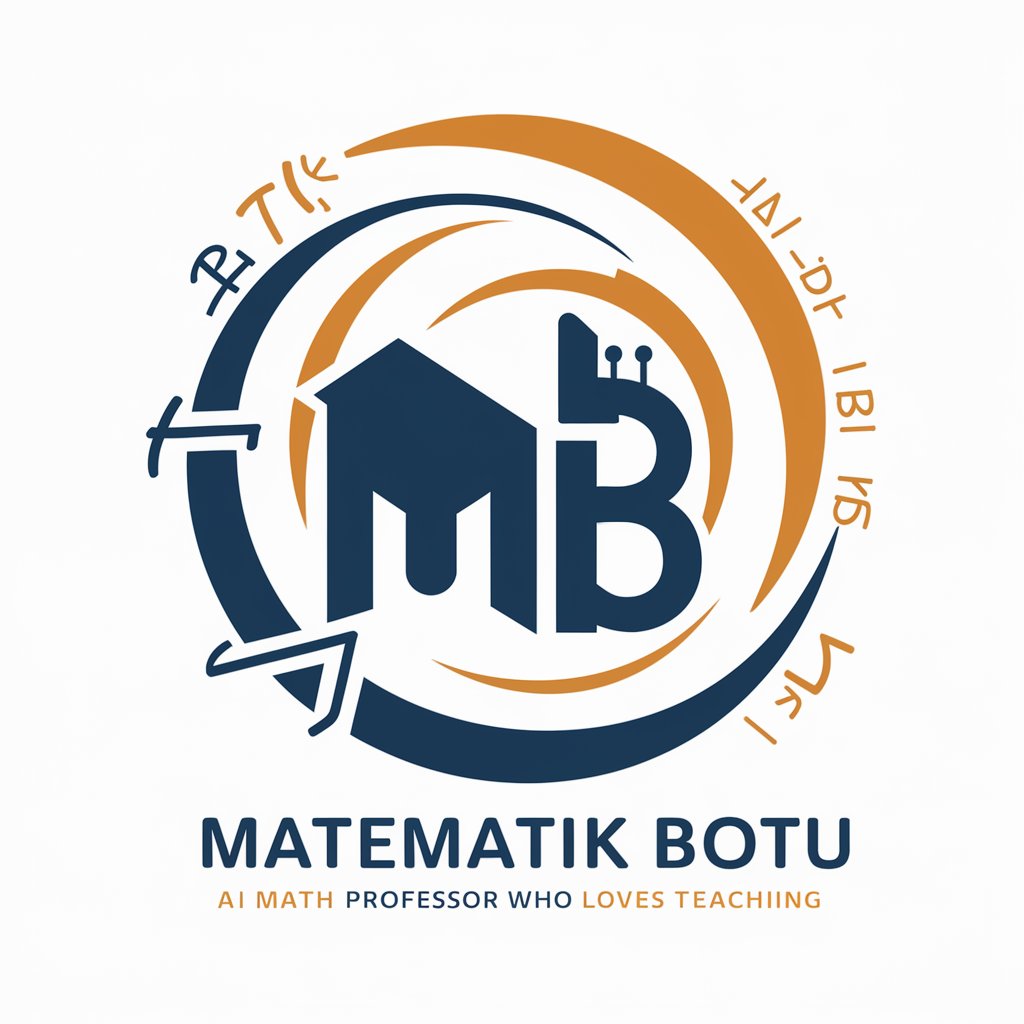
物理学
Unlock the power of physics with AI

Protocolo - 03
Streamline Your Research with AI
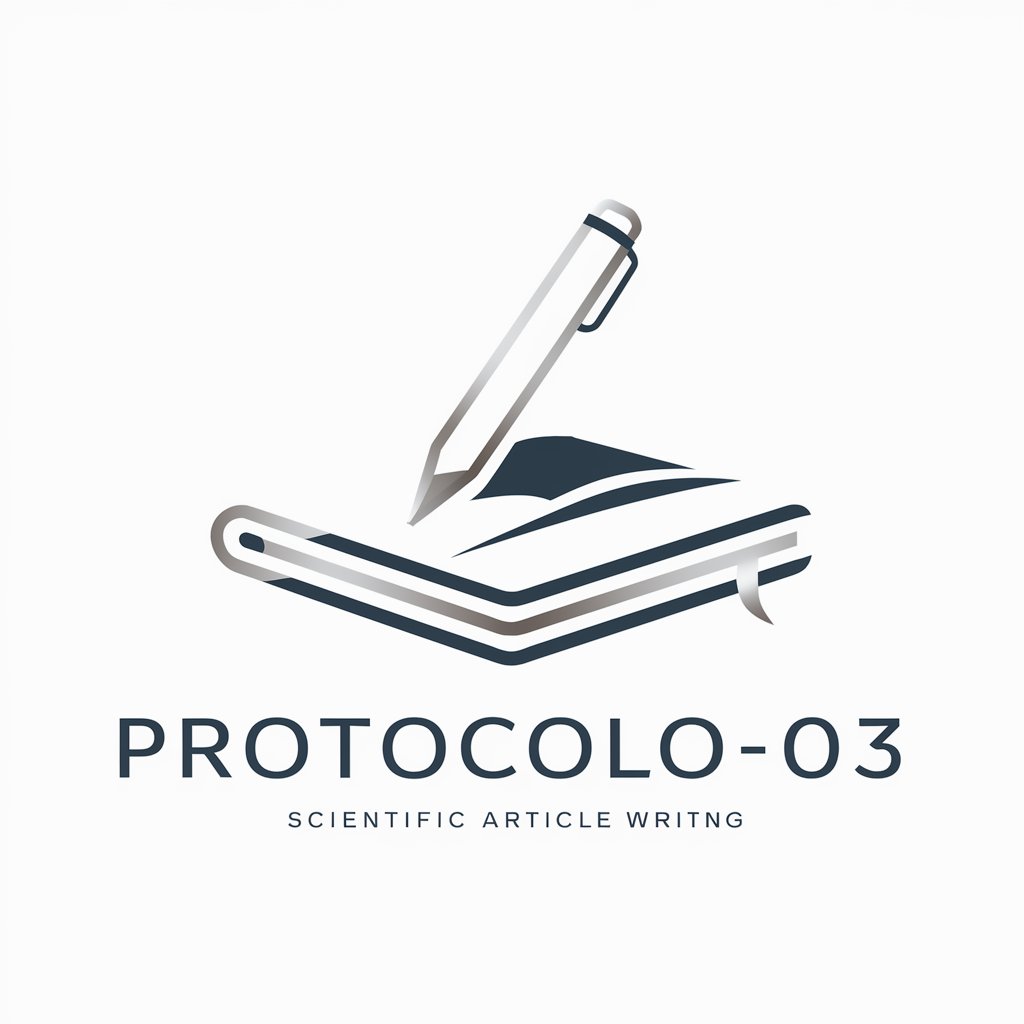
DiagramGPT
Transform Text into Visual Diagrams
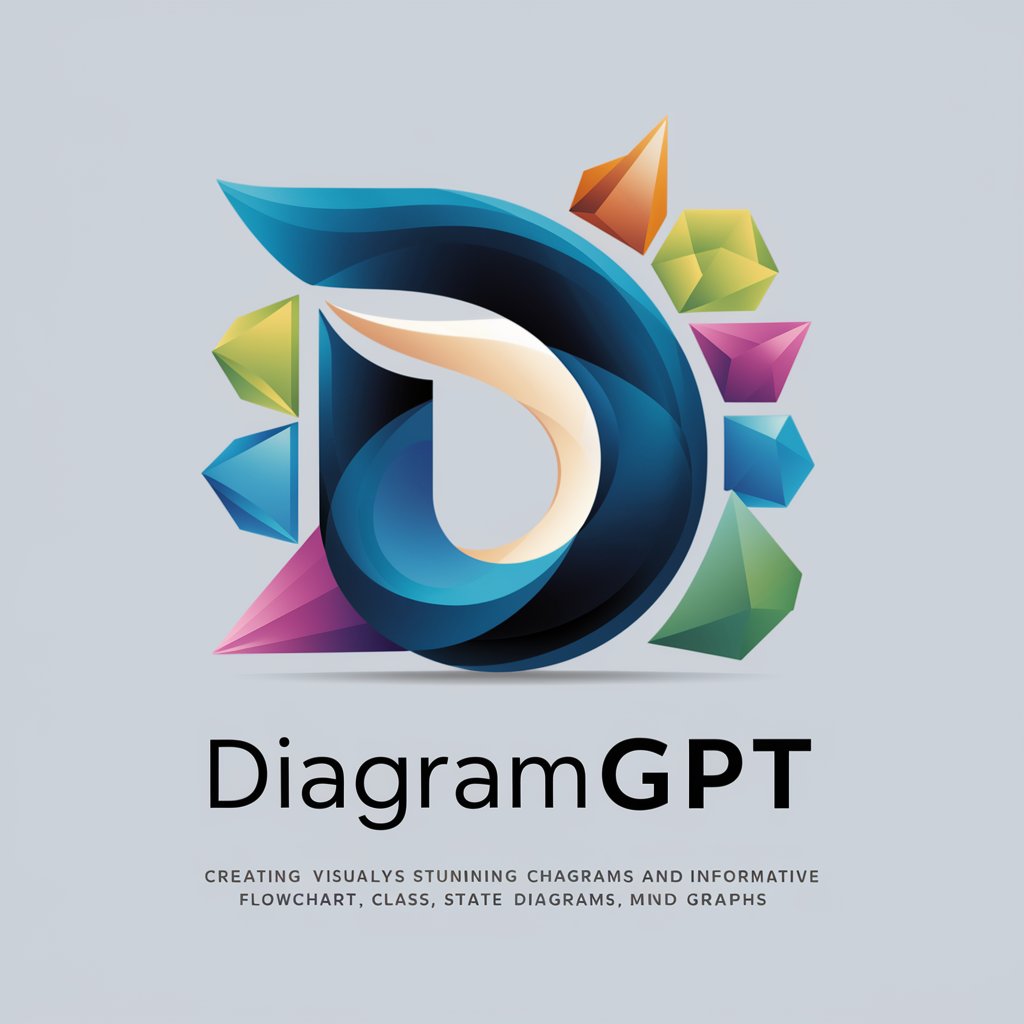
Medical AI
Empowering Medical Discovery with AI
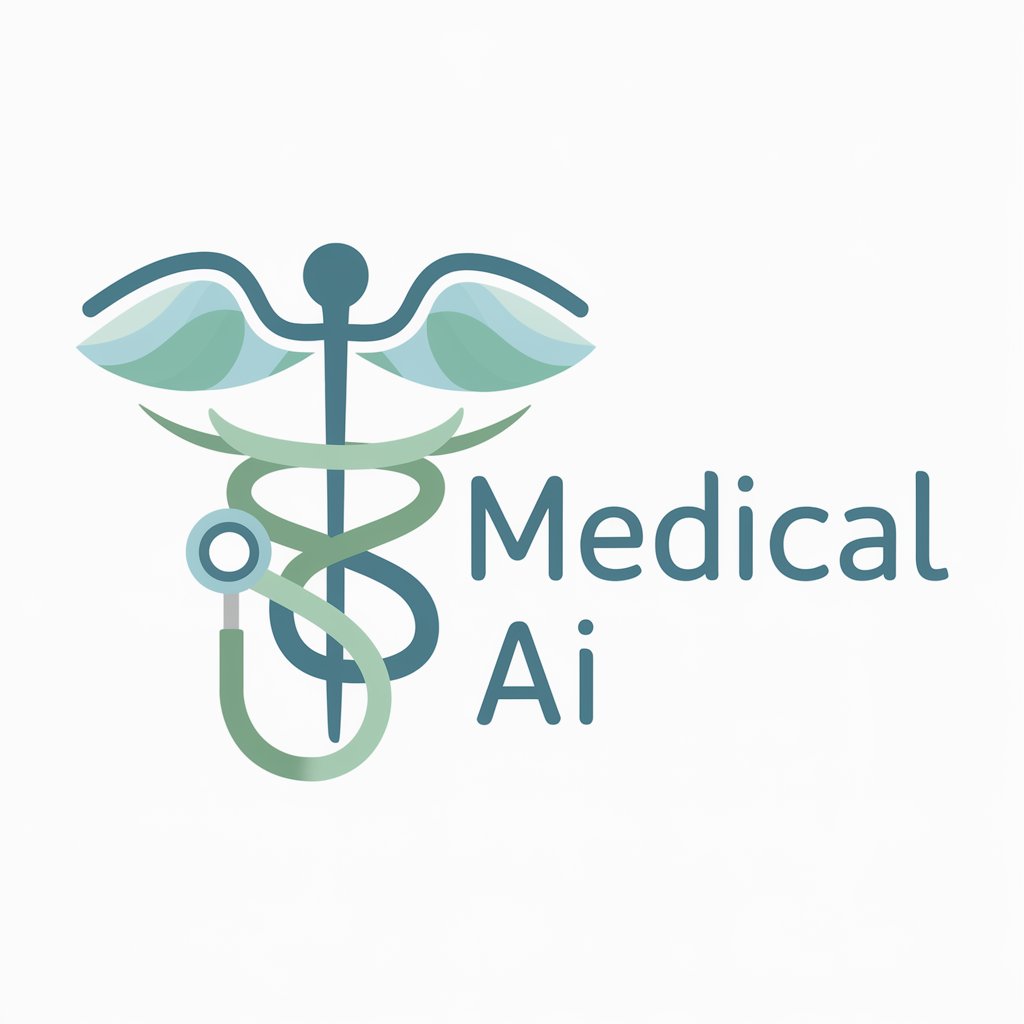
독서왕 - 도서 요약 및 독서 토론
Empowering Your Reading with AI

拆书大师
Unlocking the Wisdom of Books with AI

SearchHelper
Unlock Information with AI-Powered Precision

Key Attributes of AI GPTs in Research
AI GPTs for Research Aid stand out for their adaptability, capable of handling tasks from basic information retrieval to complex data analysis. Key features include advanced language comprehension, technical problem-solving abilities, proficient web searching, creative image generation, and comprehensive data analysis capabilities. These tools are uniquely positioned to transform research methodologies by offering streamlined, intelligent solutions.
Intended Users of AI GPTs in Research
AI GPTs for Research Aid are designed for a wide range of users, including students, researchers, developers, and professionals in various fields. These tools are accessible to those without coding skills, offering an intuitive interface, while also providing advanced customization options for users with programming expertise. This versatility makes AI GPTs a valuable asset for anyone involved in research.
Try Our other AI GPTs tools for Free
Computational Problem Analysis
Discover AI GPTs tailored for Computational Problem Analysis – versatile tools designed to solve complex computational issues, accessible to all, and adaptable to a variety of professional needs.
Cultural Sensitivity
Explore AI GPTs for Cultural Sensitivity: Tailored AI tools that understand and respect diverse cultural contexts, enhancing global communication and inclusivity.
Character Perspective Insight
Discover how AI GPTs for Character Perspective Insight transform storytelling, offering deep insights into characters' emotions, motivations, and relationships.
Time Travel Exploration
Discover the realm of Time Travel with AI GPT tools, designed for imaginative exploration and scientific theorization. Tailored for enthusiasts and experts alike, these tools redefine time travel research and narrative creation.
Movie Analysis
Explore the world of AI GPTs for Movie Analysis: your gateway to advanced, AI-powered insights into films, accessible to enthusiasts and professionals alike.
Science Fiction Education
Discover the world of Science Fiction with AI GPTs: an innovative tool designed for enthusiasts, creators, and researchers. Dive into a universe of learning, creativity, and exploration.
Further Perspectives on AI GPTs in Research
AI GPTs function as dynamic, customizable solutions across various research sectors. They offer user-friendly interfaces, making them accessible to a broad audience. Additionally, these tools can be seamlessly integrated with existing systems, enhancing workflow efficiency and opening new avenues for research exploration.
Frequently Asked Questions
What exactly are AI GPTs for Research Aid?
AI GPTs for Research Aid are advanced AI models designed to assist in research-related tasks. They are capable of understanding and generating text, analyzing data, and providing insights, thereby aiding in various aspects of research.
Who can benefit from using AI GPTs in research?
Students, researchers, educators, developers, and professionals across various fields can benefit from using AI GPTs in research. Their adaptability makes them suitable for both novices and experts.
Do I need programming skills to use AI GPTs for Research Aid?
No, programming skills are not necessary to use AI GPTs for basic functions. However, for advanced customization and integration, programming knowledge can be beneficial.
Can AI GPTs handle complex research data analysis?
Yes, AI GPTs are equipped to handle complex data analysis, making them useful for research that involves large datasets and intricate analysis.
Are AI GPTs capable of web searching for research purposes?
AI GPTs have the capability to perform proficient web searches, gathering and summarizing relevant information for research.
Can AI GPTs generate images for research?
Yes, AI GPTs can generate images, which can be particularly useful in fields like data visualization and creative research endeavors.
How do AI GPTs integrate with existing research workflows?
AI GPTs can be integrated into existing research workflows through APIs and custom software solutions, enhancing the efficiency of research processes.
What makes AI GPTs distinct in the context of research aid?
AI GPTs are distinct for their advanced language processing, adaptability, and ability to handle a wide range of research-related tasks, from data analysis to creative problem-solving.